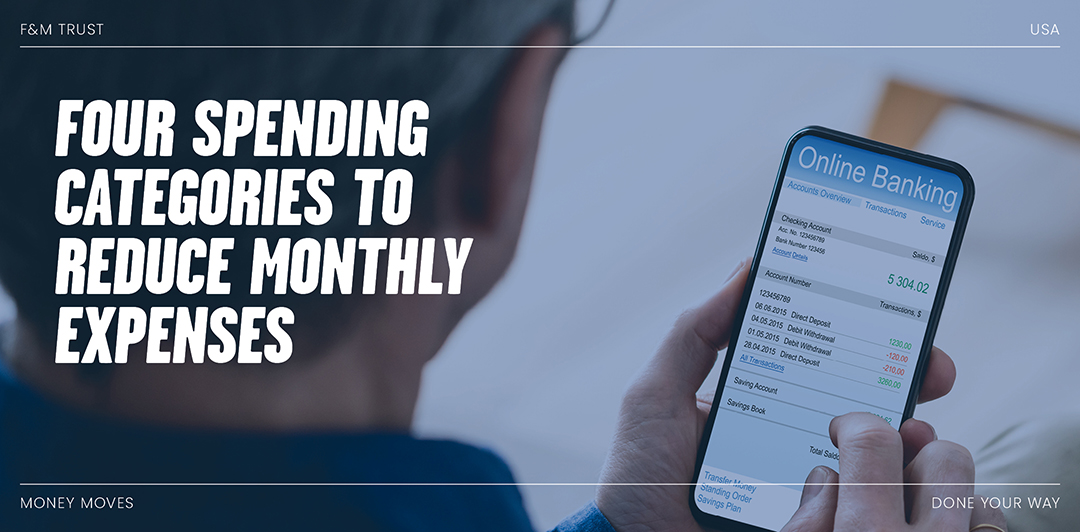


Who Should You Name as Your Power of Attorney—and When?
Appointing a Power of Attorney (POA) is a serious decision. You're giving someone else the legal ability to manage your affairs. This can include everything from paying bills and managing investments to handling property or medical decisions. It is important to select a trusted and reliable POA that fits your needs and makes things easier when you need it the most.
Who Should You Choose?
Your POA should be someone you trust implicitly. They must be dependable, financially responsible, and understand your wishes. Some common choices include:
- Spouse: Often the most familiar with your finances and values. Without a legal POA document they may not have automatic access to your individual accounts—naming them as POA ensures they have the legal authority to access your accounts and handle your estate.
- Adult Children: Choose based on responsibility, not birth order. Consider maturity, reliability, and location. You can also appoint more than one child as co-POAs, either to act together or in each other’s absence.
- Other Trusted Family or Friends: If you don’t feel comfortable naming a spouse or child, consider someone outside the family who has your full trust and understands your goals. Just be sure they are willing to take on the responsibility and can act in your best interest.
- Professional Fiduciaries: Attorneys or banks, such as F&M Trust, can serve as POAs to ensure professional, unbiased decision-making—especially helpful when personal dynamics are complex or when a neutral third party is preferred.
When evaluating your options, ask:
- Does this person live nearby, or can they manage things from a distance?
- Are they organized and able to handle complex responsibilities?
- Will they honor your wishes even in the face of pressure or disagreement?
Additionally, naming a successor or contingent POA can provide another layer of support if your POA becomes incapacitated or passes away before you do.
When Should You Set It Up?
The best time to establish a POA is before you need one. Illness, injury, or cognitive decline can happen unexpectedly. Having a POA in place ensures that your chosen person can act immediately, without delays or costly court intervention.
If you're over 18 and have assets, responsibilities, or dependents, you should have a POA. It’s not just for seniors—it’s a key part of any responsible life plan.
Review your POA regularly, especially after major life events like marriage, divorce, or the loss of a loved one. Updating your documents ensures your wishes remain clear and current.
Alyssa Proctor, MBA, CFP ®, CTFA, is Vice President and Wealth Advisor for F&M Trust.
Recent Articles
Join our e-newsletter
Sign up for our e-newsletter to get new content each month.






















